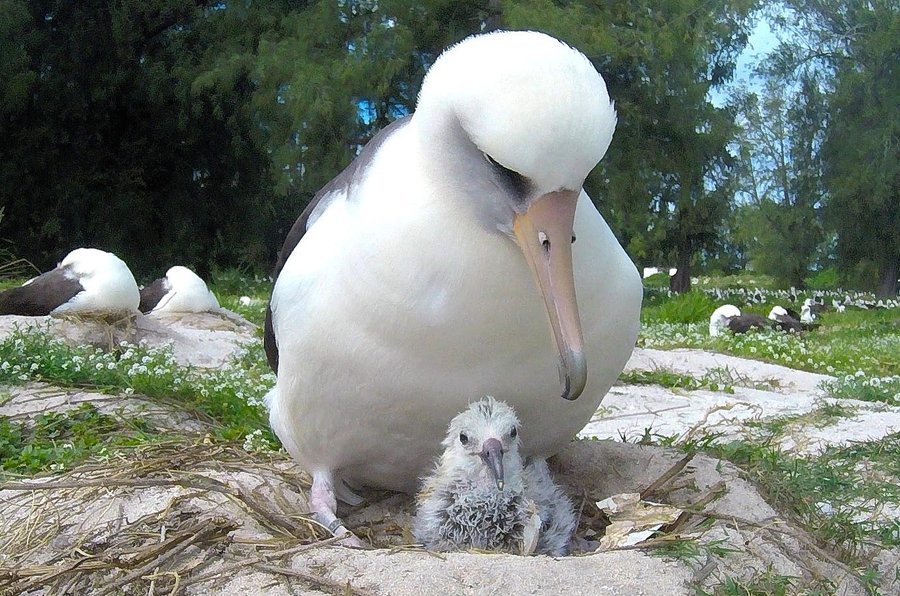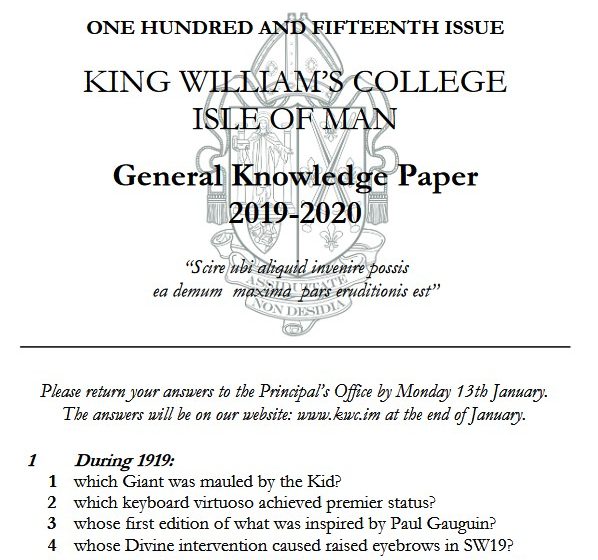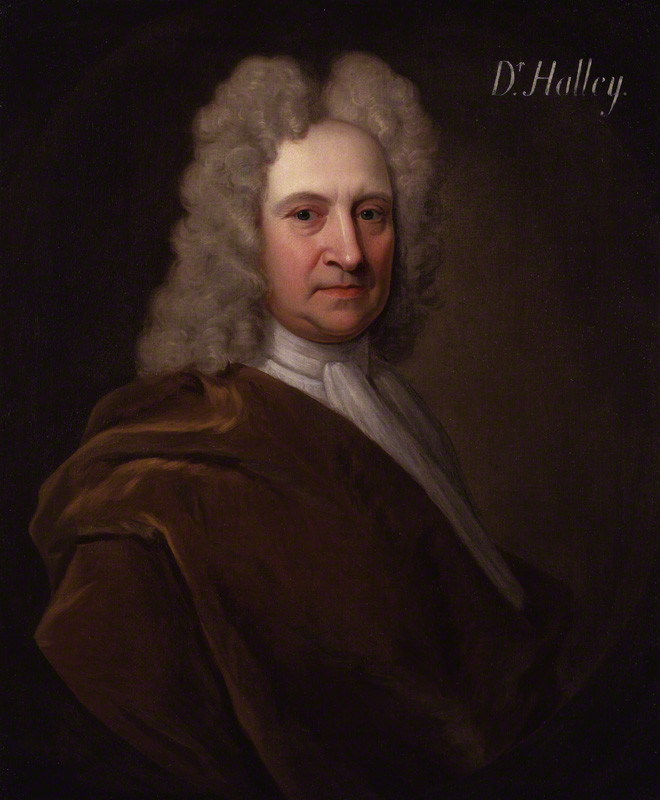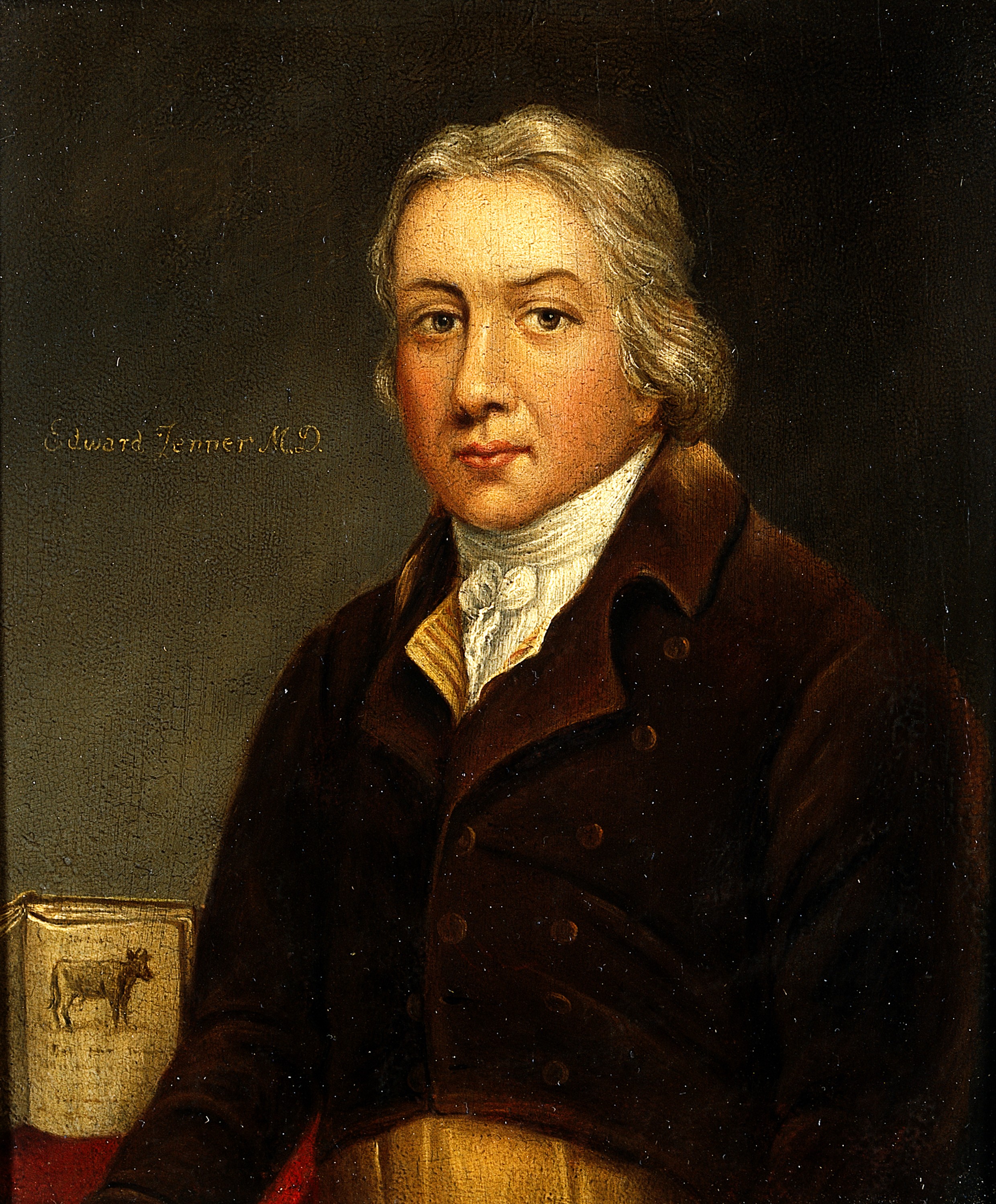And for the last time in 2019, here’s our monthly round-up of links to items you may have missed.
Science, Technology, Natural World
There are lots of Rose-Ringed Parakeets in London (far from their native home in Northern India). How did they get here? The legend is that they were released by Jimi Hendrix, but they’ve been around a lot longer than that. Two reports on the latest investigation from the BBC and The Oldie.
A fossil forest has been found in New York State, and it is the oldest one known.
Now to one of my favourite subjects: wasps. Just what is the point of wasps?
There’s a new formula for converting your dog’s age into human years. [£££]
But note: it is different for cats.
Health, Medicine
There is a significant resurgence of measles with a number of countries, including the UK, losing their measles-free status.
A very small number of people have a mystery illness which causes a fever every few weeks, but finally the cause has been identified. [£££]
In the stomach, the mind, or the brain? Migraine’s causes and remedies have been debated for 2,000 years. [LONG READ]
Medical science has traditionally neglected women’s health, and still does. Why does medicine have a gender problem?
Environment
Now here’s an idea: reintroduce national service and use the victims to do environmental and conservation work.
How often do you mow your lawn? There’s a good chance the answer is “too often”, because less frequent mowing can help wildlife.
Social Sciences, Business, Law
We’ve heard of environmental rewilding, well now here’s political rewilding: the antidote to our current malaise of the demagogues.
Art, Literature, Language
Japanese artist Masayo Fukuda hand-cuts intricate images from a single sheet of paper.

History, Archaeology, Anthropology
Here are ten English archaeological finds of the last decade.
Archaeologists do keep pushing the boundaries. In Indonesia they’ve now found the earliest known cave art by modern humans.
And in Greece archaeologists have unearthed gold-lined Mycenaean royal tombs.
2020 is the 850th anniversary of the assassination of Thomas Becket, and it will be a year of commemorative events, culminating in a major exhibition at the British Museum.
Prince Albert is usually blamed for introducing the Christmas tree, but it is likely to be much older than that. One early instance dates from 1419 in Freiburg.
So, apart from the obvious, what went on in a medieval brothel? Well, it often wasn’t pleasant. [LONG READ]
An academic has discovered annotations by Elizabeth I on a document in Lambeth Palace Library.
Religious and secular celebration of Christmas was forbidden by the English Puritan republic, but not entirely successfully. [LONG READ]
London
There’s a very elderly eagle in Croydon.
The Greek god Priapus, protector of gardens, fruit plants, livestock … and male genitals, is an unlikely subject for a statue in the discrete streets of Pimlico.
Food, Drink
Peru, as we all know, is the home of the potato, and they have a potato museum which conserves well over a thousand varieties and could be important in breeding the plants to handle climate change.
Haggis is a traditional Scots food. Or is it? [LONG READ]
Lifestyle, Personal Development
So how do couples stay together long-term? Understanding the other person is trying to do their best is important.
John Horgan in Scientific American investigates whether mysticism can help us solve the mind-body problem.
Naked therapy is a (non-sexual) treatment to help people become more comfortable with their bodies.
How the tattoo became fashionable in Victorian England. [LONG READ]
And, oh dear, it seems the codpiece is back in fashion.
Shock, Horror, Humour, Wow!
And finally … In Turkey there’s a bee which builds its nests out of flower petals. and they’re stunningly beautiful.
That’s all for now, folks. The Fates permitting, we’ll be back in January. Meanwhile a happy New Year to everyone!










